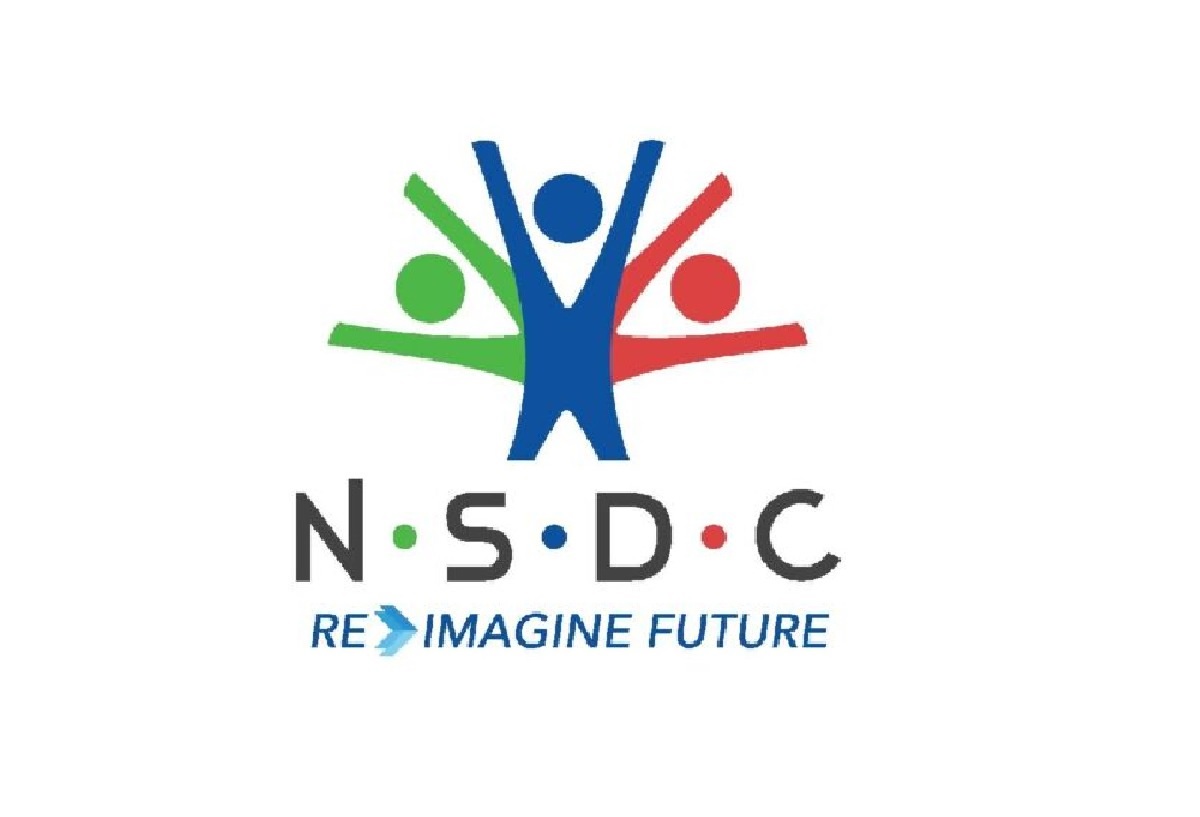The Union Cabinet, chaired by Prime Minister Narendra Modi, has approved the continuation and restructuring of the Skill India Programme (SIP) until 2026, with an outlay of ₹8,800 crore. The initiative aims to strengthen workforce development by integrating technology-driven, industry-aligned training across India. The revamped programme consolidates three key schemes—PradhanMantriKaushalVikasYojana 4.0 (PMKVY 4.0), PradhanMantri National Apprenticeship Promotion Scheme (PM-NAPS), and Jan Shikshan Sansthan (JSS)—under a single framework. With over 2.27 crore beneficiaries already trained, the scheme focuses on on-the-job training, digital learning, and emerging technologies like AI, 5G, cybersecurity, and green hydrogen.
Under PMKVY 4.0, Skill Hubs have been established in premier institutions such as IITs, NITs, and NavodayaVidyalayas to enhance access to quality training. The scheme also promotes international mobility, enabling Indian workers to gain globally recognized skills through sectoral skill gap studies and Mobility Partnership Agreements (MMPAs) with various countries.
In Guwahati, the initiative is expected to benefit small and medium enterprises (SMEs) and the growing IT sector in the region. With an increasing demand for skilled professionals in logistics, hospitality, and digital services, local businesses anticipate a steady supply of trained manpower, boosting economic growth in Assam and the Northeast. The PM-NAPS component promotes earn-and-learn opportunities, offering ₹1,500 per apprentice per month via Direct Benefit Transfer (DBT). Additionally, JSS focuses on community-based skilling for women and rural youth, supporting financial literacy and self-employment.




